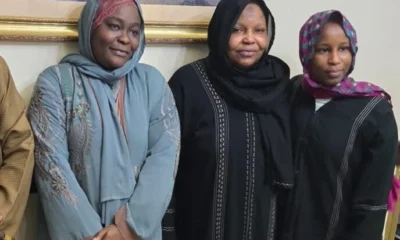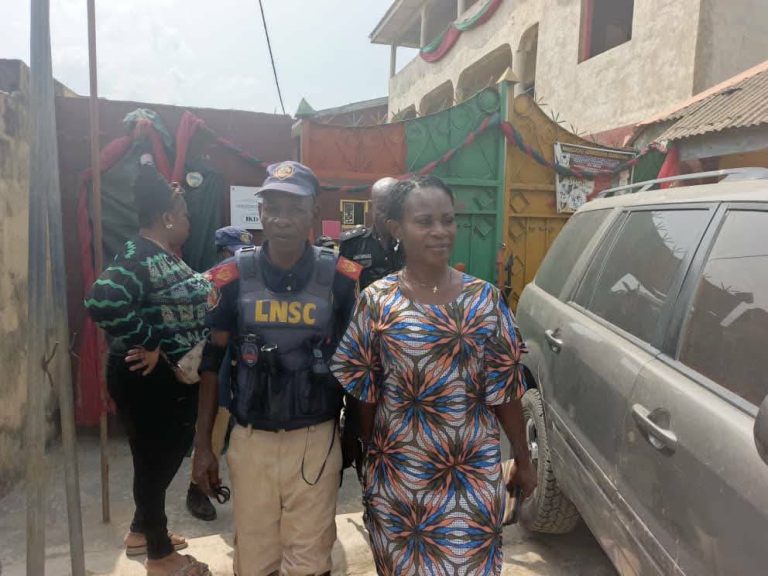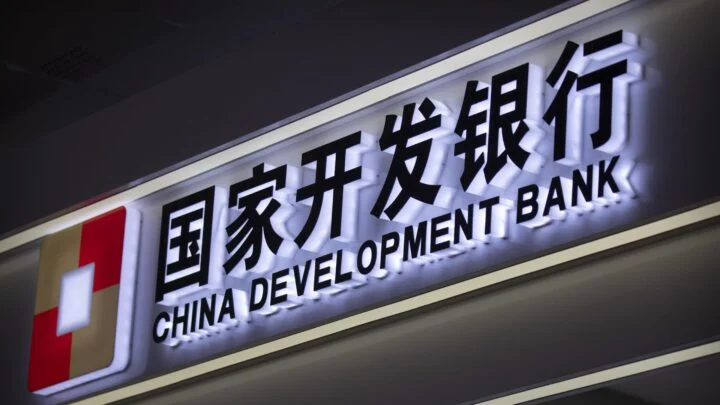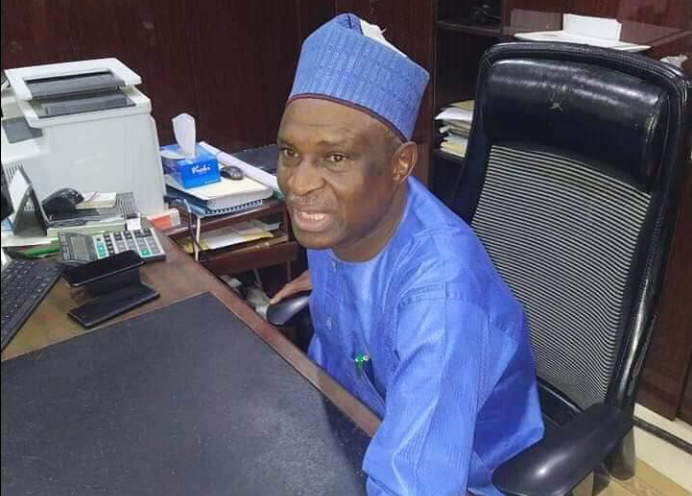
The National Caretaker Committee of the Peoples Democratic Party has asked the Deputy Senate President, Ike Ekweremadu, to call the bluff of the All Progressives Congress senators who asked him to defect to their party in order to retain his seat.
The APC senators, who are in the majority in the Senate, had asked Ekweremadu to defect from the PDP to the ruling party so that he could continue to have their support.
The majority senators said this after they had seamlessly removed the Senate Majority Leader, Ali Ndume, and replaced him with Ahmed Lawan.
However, the PDP asked Ekweremadu, who is the highest political office-holder from the opposition party, not to dance to the tune of the APC senators.
The PDP assured Ekweremadu that nothing would happen to him.
The spokesperson for the Senator Ahmed Makarfi-led Caretaker Committee of the PDP, Prince Dayo Adeyeye, said this in a statement in Abuja on Thursday.
Adeyeye said it was wrong for Senator Kabiru Marafa of the APC to have called on Ekweremadu on the floor of the Senate on Wednesday to defect from the PDP to the ruling APC.
Adeyeye said the call on Ekweremadu was unconstitutional and undemocratic.
He said, “Our attention has been drawn to a statement credited to Senator Kabiru Marafa on the floor of the Nigerian Senate on Wednesday, January 11, 2017, in which he advised Senator Ike Ekweremadu to defect to the APC in order to remain as the Deputy Senate President.
“This call is unconstitutional, undemocratic and, to say the least, unbecoming of Senator Marafa.”
While calling on Ekweremadu to defect, Marafa had said, “I am using this medium to call on Ekweremadu to simply defect. Section 68(G) of the 1999 Constitution captures this.”
Adeyeye, however, said there was no section of the constitution that stipulated that one must belong to the ruling party to hold an elective office in either the Senate or the House of Representatives.
The former Minister of Works said, “There is no section or clause of the Nigerian Constitution 1999 (as amended) that provides that one must be a member of the ruling party before he/she can be elected into any position in the Senate or the House of Representatives.
“Equally, it is very distasteful and uncharitable for any senator to stand on the floor of the hallowed chamber and ask his colleague to violate the constitution by cross-carpeting from his own party to join the ruling party.
“Note that it is the Senate of the Federal Republic of Nigeria and not the Senate of the APC.”
Adeyeye insisted that Senator Marafa was wrong in using the crisis in the PDP as an excuse to call on Ekweremadu to defect.
The PDP is currently divided into two factions.
While Makarfi is leading a group, a former governor of Borno State, Ali Modu Sheriff, is leading the other faction.
But Adeyeye maintained that the PDP was not factionalised.
He said, “It is indeed laughable for Senator Marafa to cite the internal issues in the PDP as a reason for Senator Ekweremadu to defect.
“For the umpteenth time, let us reiterate that there is no faction in the PDP.
“A party is only factionalised when its organs are in disarray but this is different from what we have in the PDP where all the organs are intact behind the National Caretaker Committee under the chairmanship of Makarfi.
“A mere rebellion by a small interest group within the party cannot be referred to as factionalisation of the party.”
In view of this, he said any member of the PDP who used the current leadership disagreement caused by “the rebellious group led by the former Borno State governor, Senator Sheriff to defect is doing so at his or her peril.”
“Senator Marafa or any other member of the APC has no power to make such demands on a member of the PDP,” he added.
He reminded Marafa that Ekweremadu was elected as Deputy Senate President by majority votes from both the PDP and the APC senators.
“Any attempt to remove Senator Ekweramadu for being a member of the opposition party and not because of a constitutional breach or incompetence is a call for anarchy,” he added.
Adeyeye also said the current situation in the Senate where the Senate President and the Deputy Senate President were from different parties should not continue to appear strange to Marafa and his likes in a democratic system.

 BIG STORY3 days ago
BIG STORY3 days ago
 BIG STORY3 days ago
BIG STORY3 days ago
 BIG STORY4 hours ago
BIG STORY4 hours ago
 BIG STORY3 days ago
BIG STORY3 days ago
 BIG STORY1 day ago
BIG STORY1 day ago
 BIG STORY2 days ago
BIG STORY2 days ago
 BIG STORY3 days ago
BIG STORY3 days ago
 BIG STORY3 days ago
BIG STORY3 days ago





















